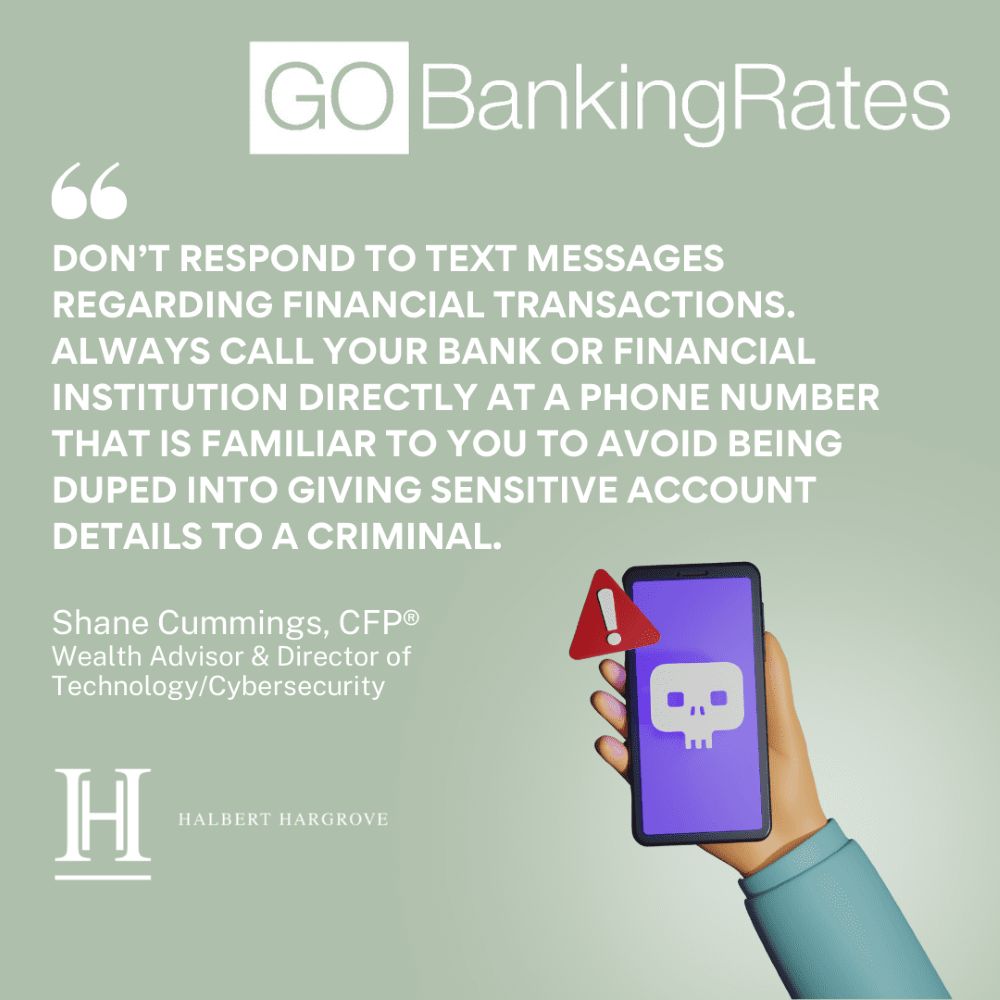By Heather Newgen, in GOBankingRates, featuring Shane Cummings, CFP®, AIF®, Wealth Advisor & Director of Technology/Cybersecurity
There Are Numerous Victims
Since cybercriminals operate in different countries using various platforms, it’s difficult to give an accurate number of victims, but Karnik estimates too many.
“Our preliminary research, which includes analysis of platforms such as Craigslist, social media, and Telegram, allowed us to identify numerous channels that exploit the demand for these weight loss drugs,” he said.
Karnik continued, “One Telegram channel dedicated to this type of scam saw its membership grow from 13,362 to 15,599 in just a few weeks in May 2024 – though it should be noted that a number of these accounts are fake and created to make the channel appear more credible and popular than it is.”
How To Stay Safe
There are many ways to safeguard yourself from falling for the Ozempic scam, including only getting medication from reliable sources such as licensed medical centers and prescriptions from well-known pharmacies.
Here are red flags to watch out for, according to Karnik.
- Be cautious of prescription drugs being advertised through channels like Craigslist, social media, or messaging platforms like Telegram. These are not traditional channels for purchasing prescription medicine, and offers are frequently fraudulent.
- Use extra caution with sellers who encourage you to avoid filing insurance claims or offer discounts that seem too good to be true.
- Beware of requests for payment via methods that provide little to no recourse for recovering funds, such as gift cards, Venmo, Zelle, or cryptocurrency.
Report the Crime
If you’ve been scammed, there are ways to fight back, and reporting the crime is the first step.
“If you think you’ve fallen victim to a scam, it’s crucial to act quickly by reporting the loss to your bank immediately, blocking your credit card to prevent unauthorized charges, and reporting the crime to relevant authorities, including local law enforcement and local cybercrime units,” Karnik advised. “If you have consumed potentially counterfeit products, please talk to your doctor.”
Cyber Attacks Are Rising
The Ozempic scam is just one of many. From impersonation tactics to phishing emails, people try to steal from your information in multiple ways. According to The Identity Theft Research Center (ITRC) Annual Data Breach Report, the United States experienced an astonishing surge in data compromises, reaching a record high–a 72 percentage point hike from the previous all-time high set in 2021. Last year alone, 353 million people were impacted.
Protecting your personal information and finances can be done in several ways. Shane Cummings, Director of Technology/Cybersecurity and Wealth Advisor at Halbert Hargrove, shared tips on avoiding online scammers.
- Even if you don’t plan to transact online, you should still register for online accounts with your banks. This will plant the flag. Otherwise, a hacker with your information could set up online access and pretend to be you to initiate withdrawals from your account.
- Don’t respond to text messages regarding financial transactions. Always call your bank or financial institution directly at a phone number that is familiar to you to avoid being duped into giving sensitive account details to a criminal.
- Ensure your social media accounts are set to ‘private’ so your personal details are not easily searched on the web. We had one client whose identity was stolen after they left for a cruise vacation because hackers knew they were out of town. The savvy ones generally time their attacks to happen when you are least able to respond.
- It may not seem intuitive, but keeping your computers and mobile devices secure is critical. Keep software up to date and use multi-factor authentication anywhere it’s available. If your smartphone is stolen and a thief locks you out of your accounts, they might be able to reset passwords for your financial institutions and log in to your accounts. Having a multi-factor authentication (MFA) set up could be a lifesaver. Using MFA methods that are more secure than SMS text messaging is strongly preferred.


